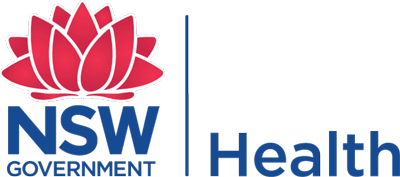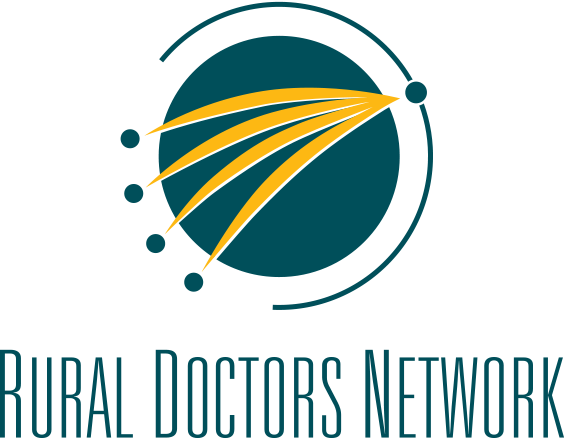A locally driven program in the Snowy Valleys has identified the top primary health care priorities in 2022. Click here to view the survey results.
The Snowy Valleys Collaborative Care project has analysed feedback from local communities and health professionals to improve the access and usage of primary health care services. Primary health care includes services delivered by GPs, allied health professionals, primary care and community nurses, and Aboriginal health workers.
The recent Snowy Valleys Primary Health Service Survey asked local communities about their experience of primary health services. A whopping 576 people responded to the survey.
Around a third of people who had a recent GP or community allied health service appointment said the experience could have been improved for a variety of reasons. These reasons included the availability of appointments, wait times, continuity of care, travel distance to access appointments, and patient expectations of care.
Additionally, 30% of respondents said they needed to see a GP outside of normal hours but were not able to access one.
Encouragingly, 85% of people who accessed private allied health services in the past 12 months said that the service had met their needs.
However, research also found specific gaps in the availability of some allied health services including occupational therapy, speech pathology, diabetes support, asthma education, and social work.
A summary of the survey findings will be made available to the community in the coming weeks.
A working group made up of Snowy Valleys representatives was asked to consider these needs. The resulting list of priorities for Snowy Valleys includes improved access to allied health and GP services, better communication and coordination between health providers, and improved community health system literacy.
Catherine Cusack, project officer for the Snowy Valleys project, thinks the community needs more information about the services that are out there.
“We’ve realised in some cases there are services available, but the people don’t necessarily know they are there,” said Ms Cusack.
“The community health system literacy priority is about people knowing what services we do have locally and how to access them.”
Local representatives are now looking at a range of activities to address these priorities. A short video has been produced to explain the project and a website is available for more information at https://nswrdn.engagementhub.com.au/snowyvalleys
The Collaborative Care Program received funding through the Australian Government and is supported by Murrumbidgee Local Health District, Murrumbidgee Primary Health Network, and NSW Rural Doctors Network.




